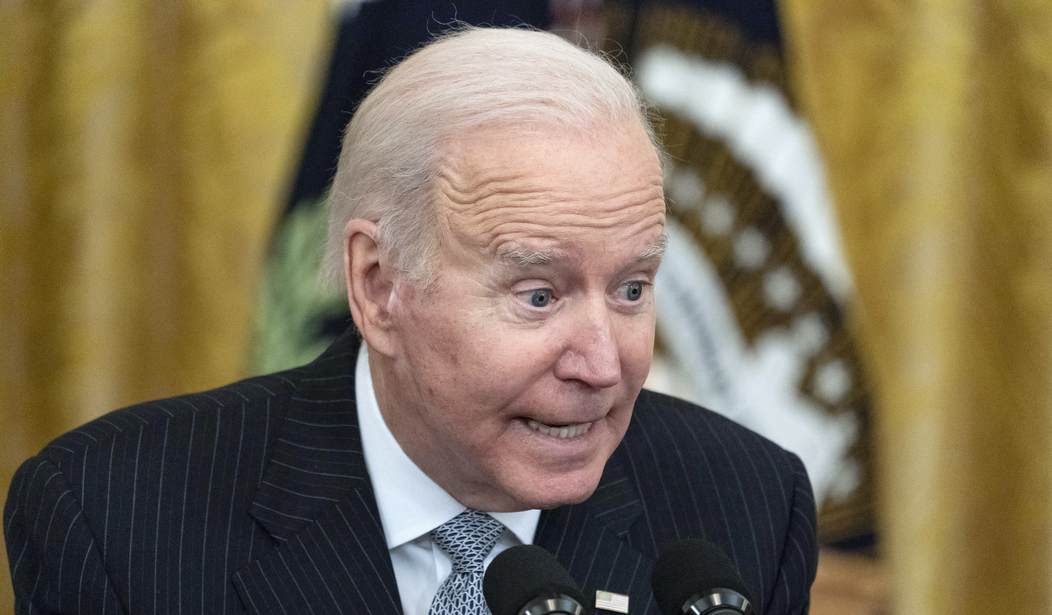Last week, Texas federal judge Jeremy Kernodle struck down part of a Biden administration rule on surprise medical billing. In 2020, Congress passed the “No Surprises Act,” to establish a process to resolve billing disputes through independent dispute resolution. Judge Kernodleruledthat the process the administration set up with its interim final rule (IFR) went against the text of the 2020 law. What was originally meant to address a legitimate problem in the medical space has been badly bungled by the administration, with effects that will reverberate across the healthcare ecosystem.
After the passage of the No Surprises Act, patients would no longer be held financially responsible for surprise medical bills that came through no fault of their own. It went into effect at the beginning of the calendar year. Surprise medical billing can happen in circumstances where patients only find out after an emergency room visit that one of their doctors is not considered “in-network” by insurance companies. A key part of the determination is whether or not the patient had a choice in the matter.
The No Surprises Act protects patients by requiring insurers to apply in-network cost-sharing rates to out-of-network claims. It would also prohibit doctors, hospitals, and care providers from charging more than in-network rates on a surprise bill. According to government estimates, out of almost 40 million emergency room visits, roughly 18 percent include some form of out-of-network care that potentiates a surprise bill.
However, in the Biden administration’s IFR, the language was written so that it heavily benefitted insurance companies, rather than adhering to the original goal of protecting patients. In setting up the arbitration process to determine a fair compensation, the administration mandated arbitrators give preference to the median in-network rate. This median rate is unilaterally determined and leaves little room to consider other objective criteria. Training, quality of the doctor, and the procedure in question are all important considerations that are left out under the IFR.
Recommended
This represents a disappointing trend in policymaking across the healthcare space. Central planners in Washington rely more on command-and-control policies like price controls and rate setting, rather than market-based solutions to protect patients. This has played out in debates over pharmaceutical prices. Rather than promote competition, the administration, along with allies in Congress, have promoted price controls based on average rates overseas. Now, a similar ethic is at work, with administration officials seeking to determine out-of-network compensation using in-network median data, rather than open negotiation.
Fortunately, those rate-setting provisions were struck in Judge Kernodle’s ruling. Also fortunate is the fact that there still exist a number of patient-friendly provisions in the IFR. It would prevent insurers from retroactively denying an emergency room claim. This punishes patients for seeking emergency care based on the subjective interpretation of an insurer that the visit may have been “non-urgent.” Such determinations put patients on the hook and let insurers off of it.
The basis for the IFR also insures some level of fairness. If providers feel they’ve been underpaid, they have recourse to pursue independent dispute resolution. Parties can negotiate a mutually satisfactory rate and progress to this process later if either party believes the other is unreasonable. There is no need for the government to come in on top of these negotiations and tip the scales by determining what the baseline should be before any such negotiations start.
This ruling is just the start of fixing the issues with the administration’s approach to surprise billing. The balance of power is still heavily in favor of big insurers. HHS still sides with insurers on qualified payment amounts, allowing them – in many cases – to underpay doctors and hospitals and force them to accept lower rates. It also requires almost no transparency from insurers thus that they can pursue dispute resolutions in favorable jurisdictions to get the best deals at the expense of doctors, as well as patients.
The sponsors of the No Surprises Act intended fairness and transparency. Unfortunately, the administration and its bureaucrats have turned this legislation into a giveaway for insurance companies, who have already been experiencing record profits due to the government’s coronavirus response. It is time that the interests of patients and providers take a front seat.
Dan Savickas is the Government Affairs manager at Taxpayers Protection Alliance.

























Join the conversation as a VIP Member